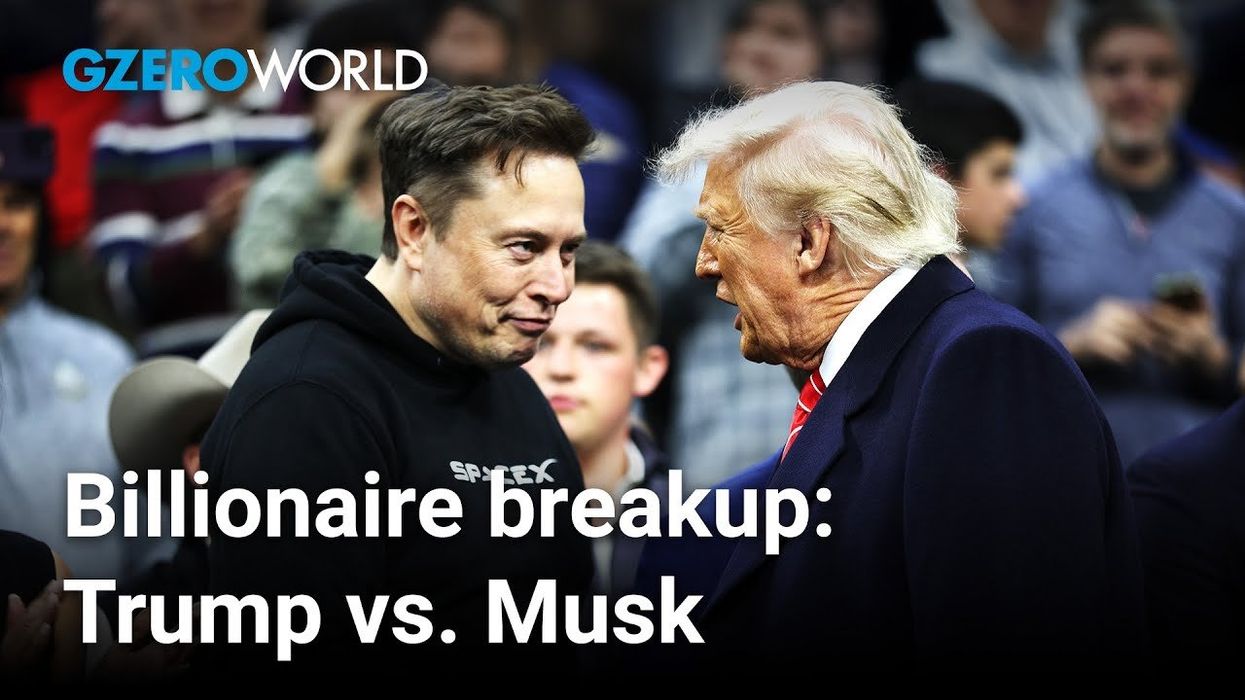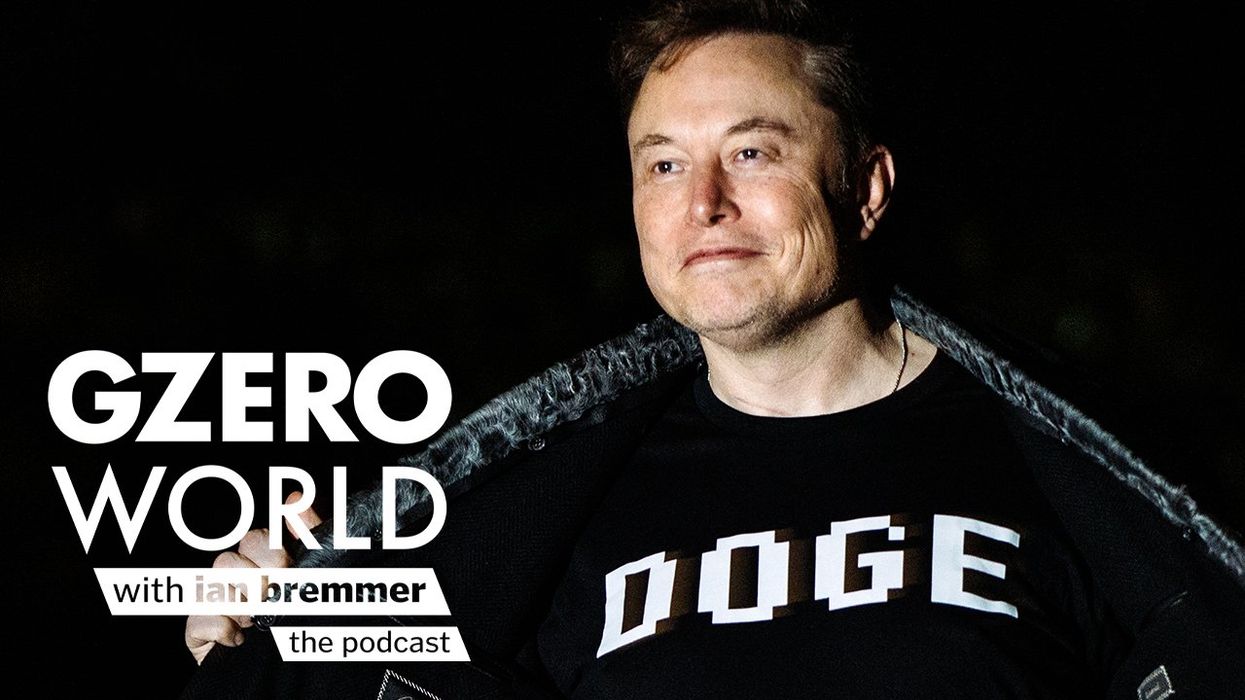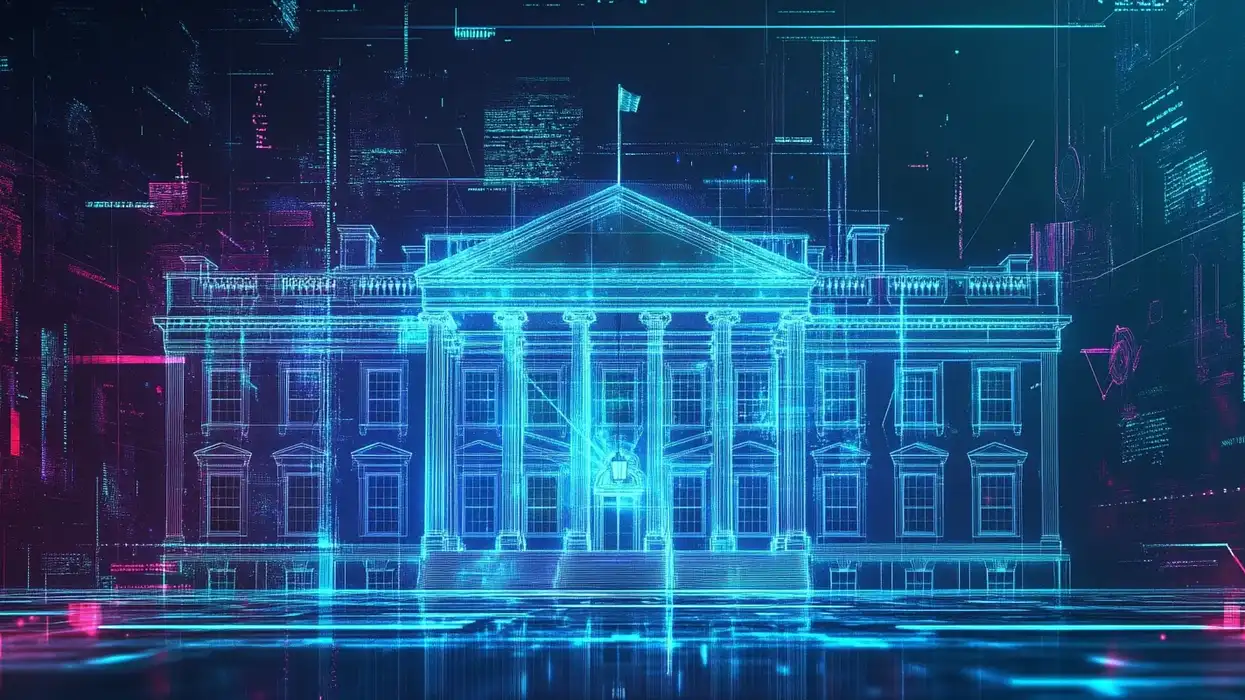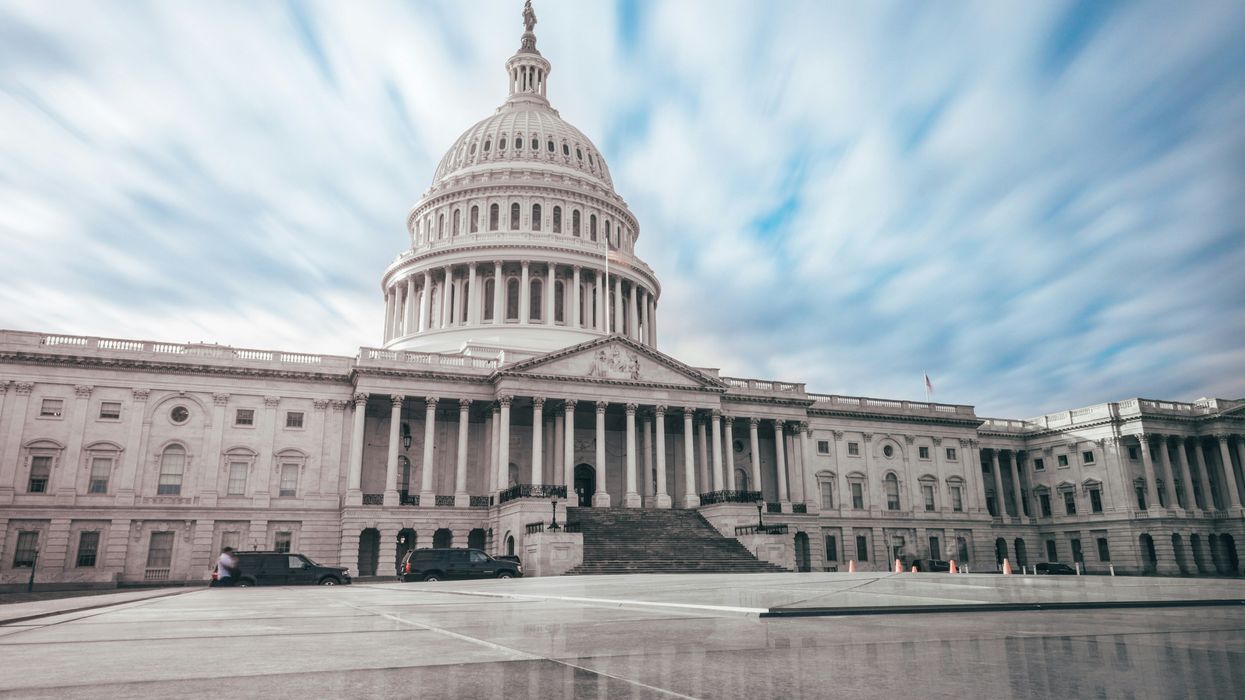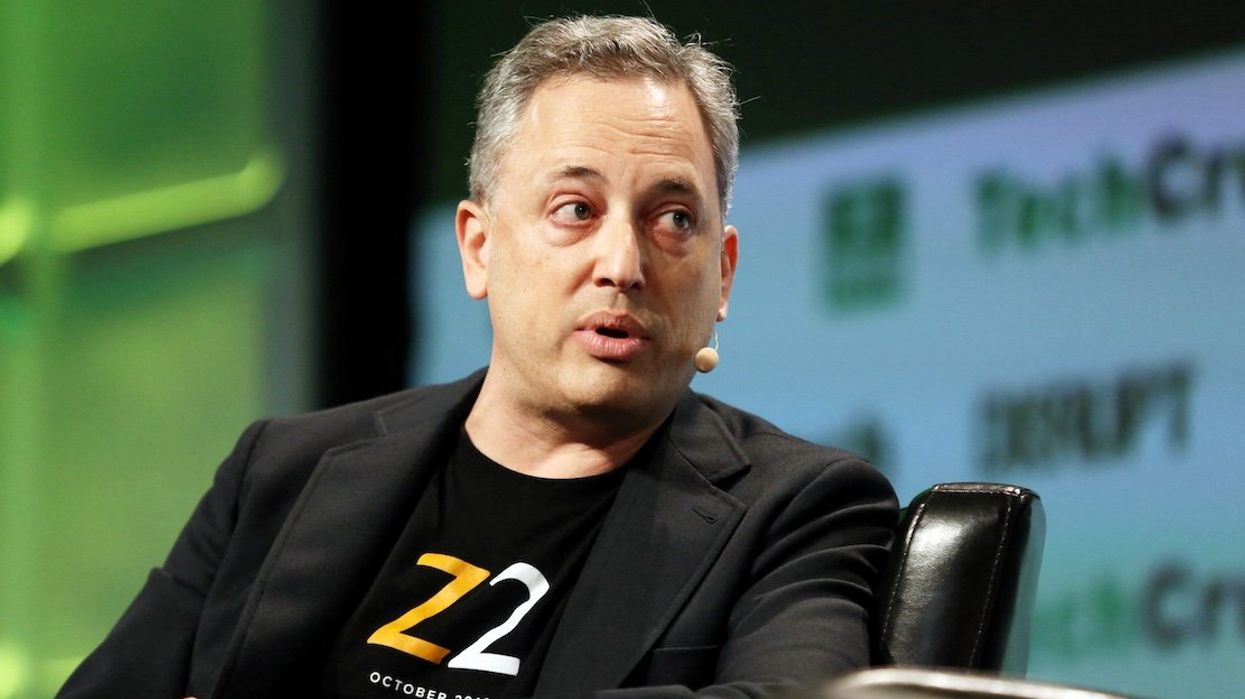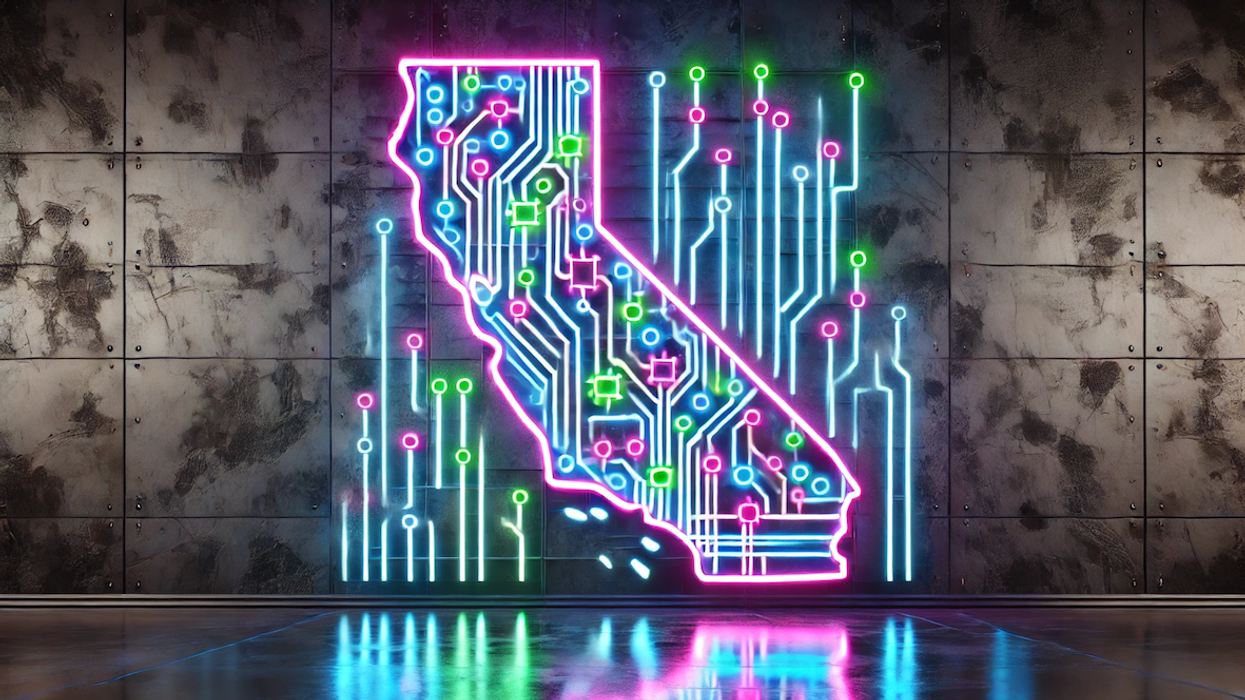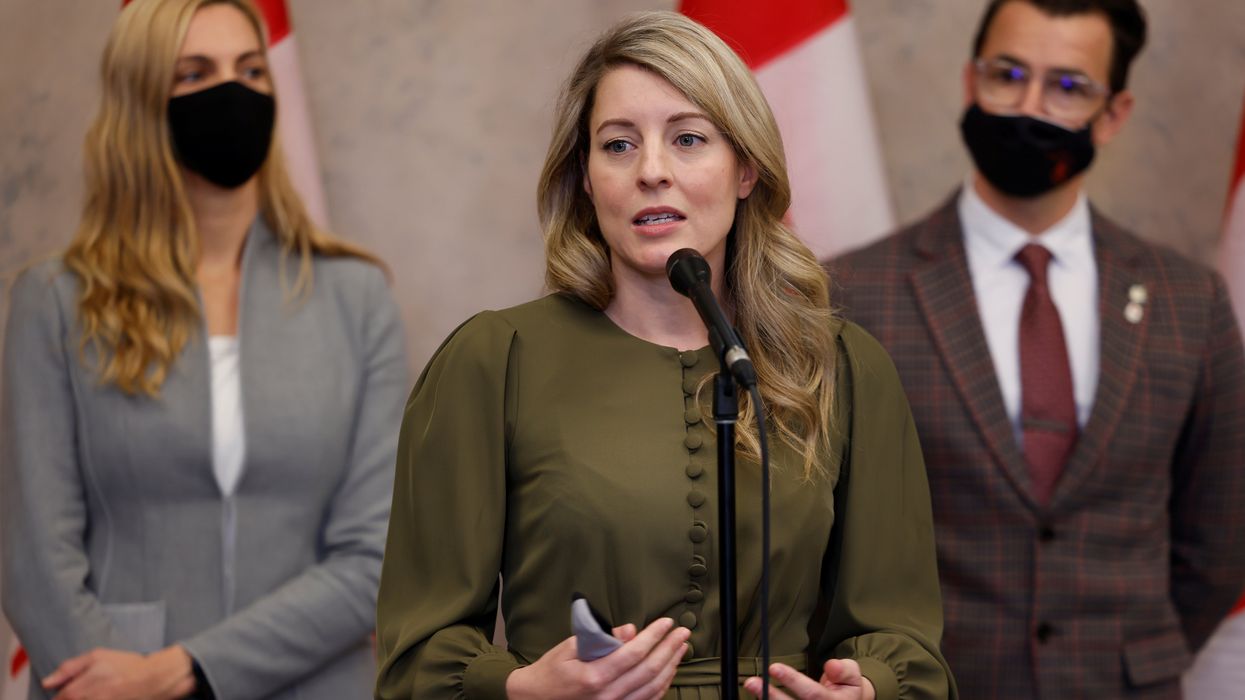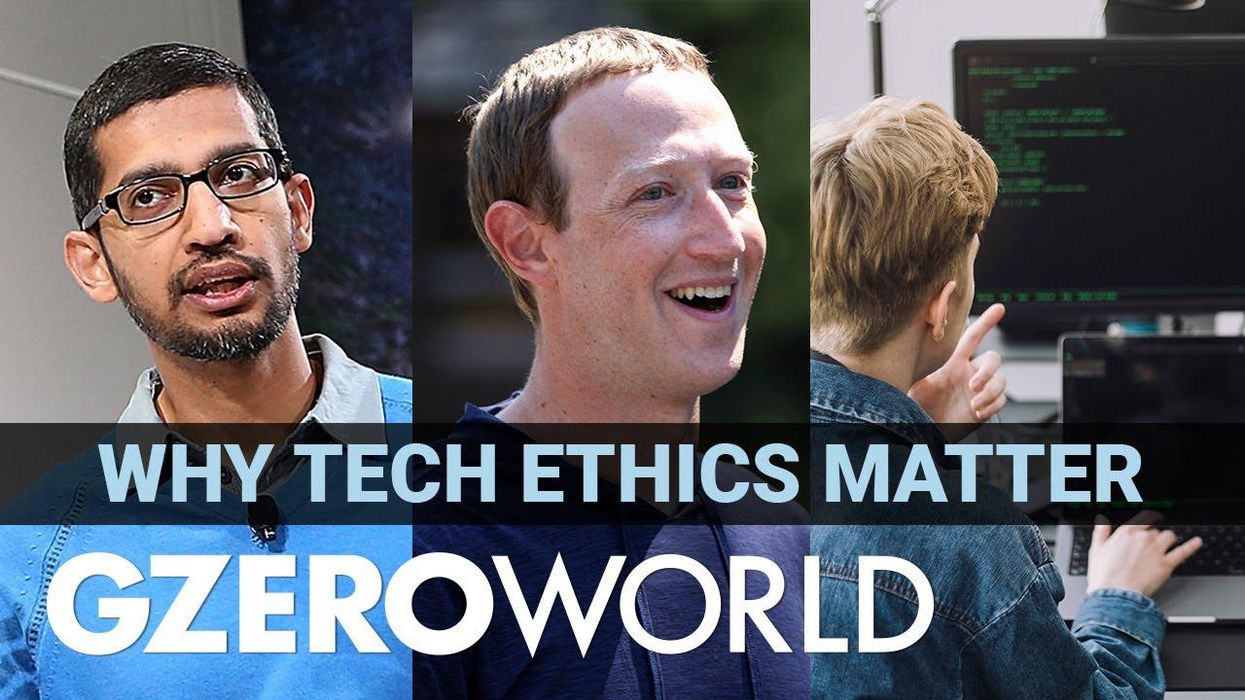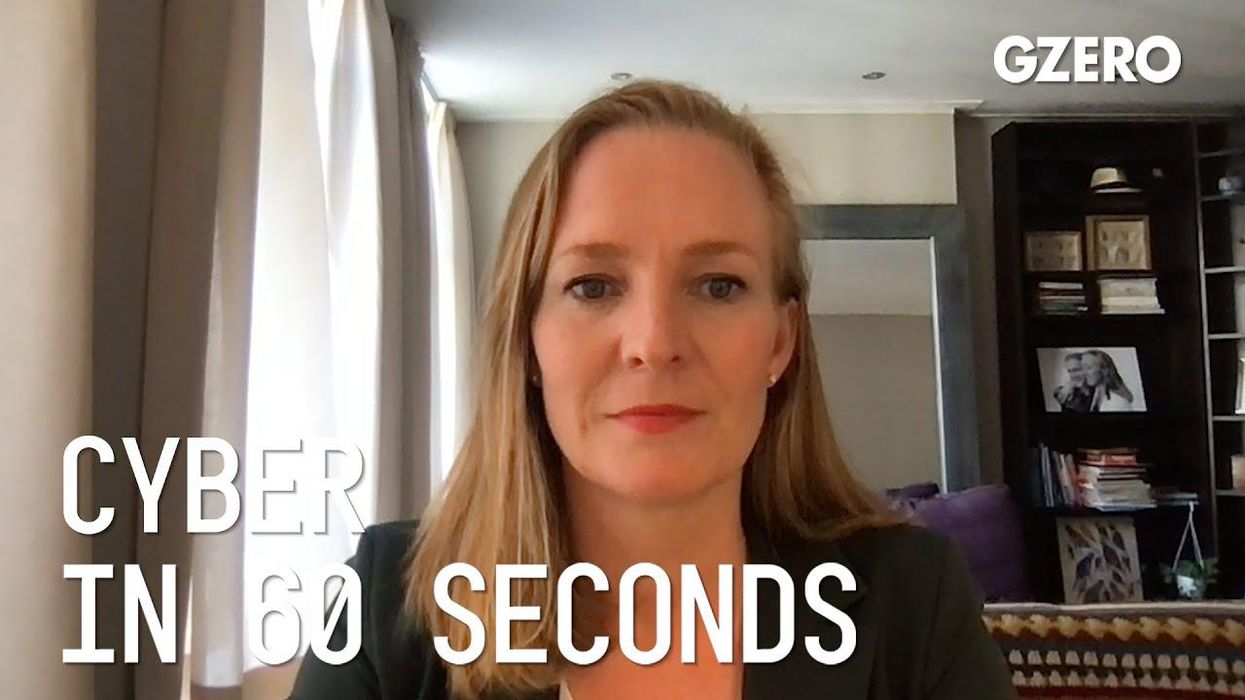GZERO World with Ian Bremmer
What’s behind Trump & Musk’s public feud?
President Trump and Elon Musk’s explosive fight marks the end of the White House bromance between the world’s most powerful man and the world’s richest. Ian Bremmer and Semafor's Ben Smith break down the fallout and consequences of such a public feud.
Jun 10, 2025
